|
When you hear five of anything in regards to emergency medicine, you have to think of Ken Milne who is an evidence based medicine (EBM) guru in the field of emergency medicine (EM). He hosts The Skeptics Guide to Emergency Medicine (The SGEM) and is a major advocate in cutting down the knowledge translation (KT) window down from over 10 years to less than one year. In true celebratory fashion for the 100th podcast, Ken came on to discuss being a skeptic by reviewing five examples of when EM got ahead of the evidence.
1. Thrombolysis for Acute CVA (Stroke)
Thrombolysis has been talked about so much on other resources that we have not talked about it much on our own sites, Ken Milne has talked about it on SGEM #70 and we have discussed it on Podcast #90. However, here is one chart that summarizes the findings of 13 of the major trials that have been previously published. Again, check out the original posts for more details. Ken's detailed discussion of the NINDS trial with Anand Swaminathan from CORE EM is very important to understand some of the key issues regarding limitations of this study.
2. CT Scanners in Ambulances (Mobile Stroke Units)
Mobile stroke units are controversial at best and have been discussed frequently on social media, but less so on different websites. However, we recently covered some of the main research and their findings (or lack thereof) in Podcast #98. Check it out for details but also look at the infographic below provided by Aidan Baron. Essentially, although the idea of shortening the time to tPA administration would be beneficial, the actual evidence has not yet supported this claim.
3. Mechanical CPR (mCPR) to Improve Patient Outcomes
Mechanical CPR was just covered in our last podcast and The SGEM covered it on SGEM 136 with Salim Rezaie from REBEL EM. Both Ken and Salim have talked about this on their websites but after a large systematic review and meta-analysis by Gates et al. in Resuscitation 2015 found no superiority. However, it is worth noting the importance that compressions are a bridge and that there may be some safety components to using mCPR. We must recognize though that this still has not been proven and is not directly a patient oriented outcome.
4. Therapeutic Hypothermia
Therapeutic Hypothermia has not yet been discussed on TOTAL EM in any real detail but it has been discussed frequently on many sites including The SGEM multiple times. Two of the main ones are SGEM 54 and SGEM 82. The first talked about prehospital therapeutic hypothermia with the second podcast being about targeted temperature management. What the evidence suggests is that therapeutic hypothermia in the field does not improve outcomes and that the prevention of hyperthermia is probably more important than the actual cooling.
5. Sepsis: Early Goal Directed Therapy (EGDT), Vitamin C, Steroids, and the One Hour Bundle
Sepsis is something we all know in EM, but it was not until the Rivers et al. trial published in 2001 in NEJM that we truly started working on sepsis management with the first version being EGDT. Since that time there has been a lot of discussion and we have a post (Podcast #43) to help update people on some of the main components which was also published with ACEP. SGEMs 69, 92, and 113 discussed ProCESS, ARISE, and ProMISe, respectively. These studies helped support that EGDT was not necessary and that the key was to provided solid care. We must acknowledge though that EGDT did help revolutionize sepsis care. However, since that time there have been developments that suggest alternatives. Steroids have been discussed before including SGEM 168 reviewing the HYPRESS RCT but the data did not support its use. Probably the most well known alternative was reviewed in SGEM 174 regarding the Marik et al. paper using hydrocortisone, Vitamin C, and thiamine for severe sepsis and septic shock. Although it sounded great, there are many issues in this paper and Ken had 11 guests (including us) on to discuss them in detail. Finally, we briefly discussed the new one hour sepsis bundle from the Surviving Sepsis Campaign (SSC). We talked about this in Podcast #97 and there is an international petition to retract these guidelines. If you do not know why this would be a problem, check out our podcast and others such as EmCrit's post on the subject. Let us know what you think by giving us feedback here in the comments section or contacting us on Twitter or Facebook. Remember to look us up on Libsyn and on iTunes. If you have any questions you can also comment below, email at [email protected], or send a message from the page. We hope to talk to everyone again soon. Until then, continue to provide total care everywhere.
0 Comments
Leave a Reply. |
Libsyn and iTunesWe are now on Libsyn and iTunes for your listening pleasure! Archives
August 2022
Categories |
||||||
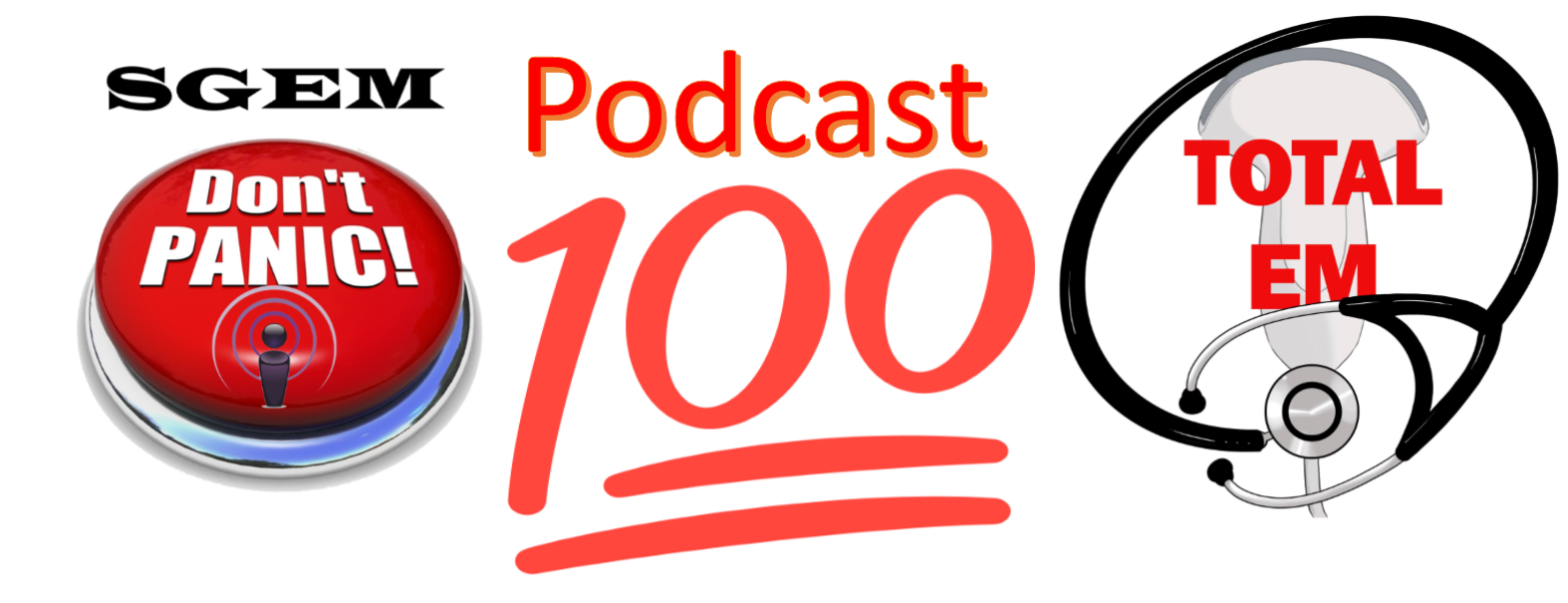
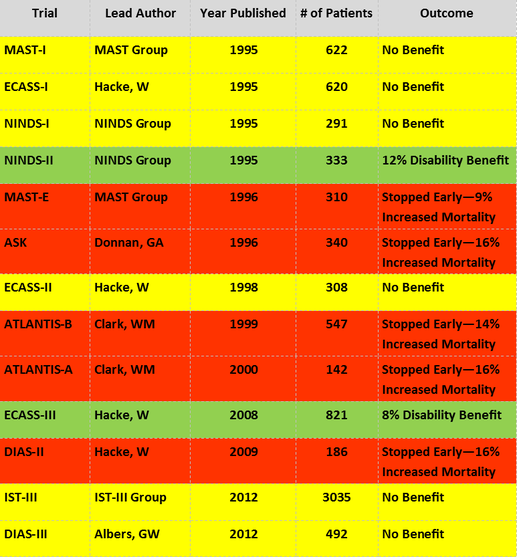
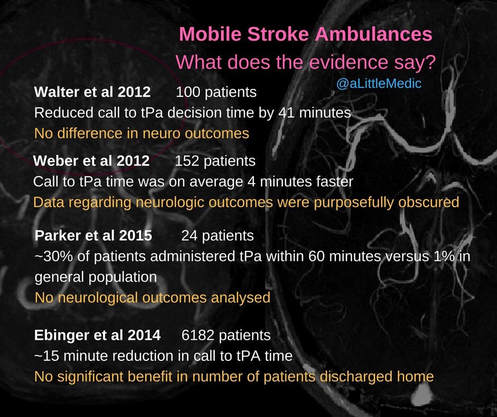

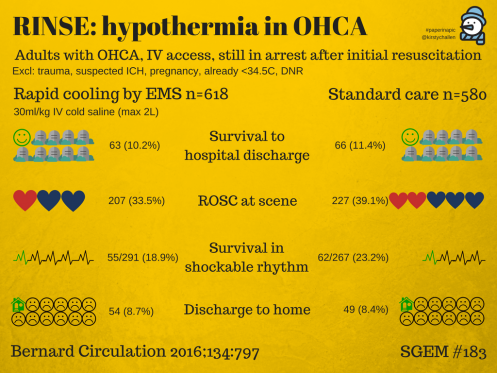
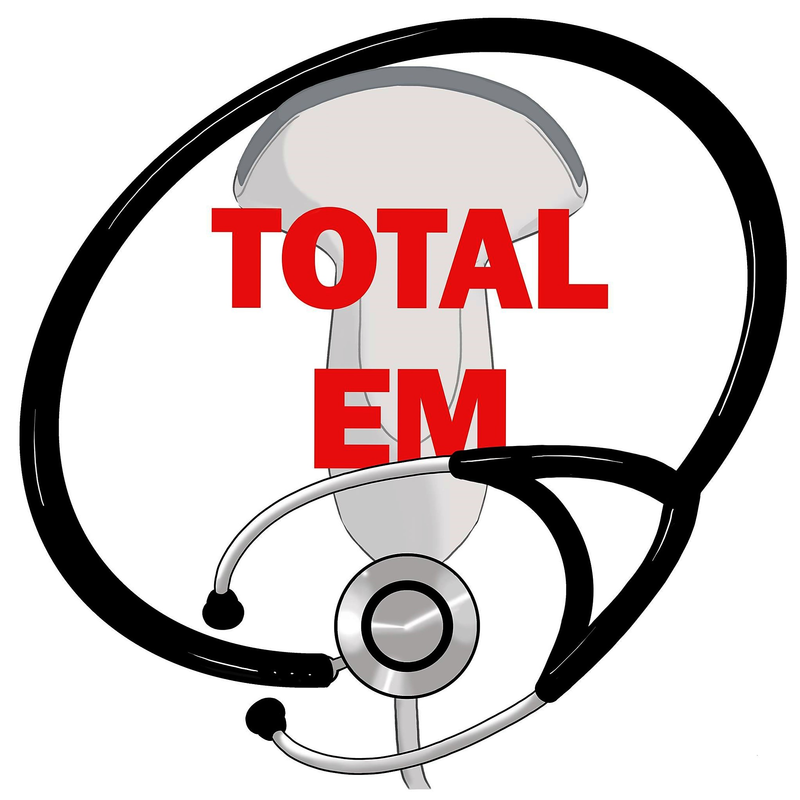
 RSS Feed
RSS Feed